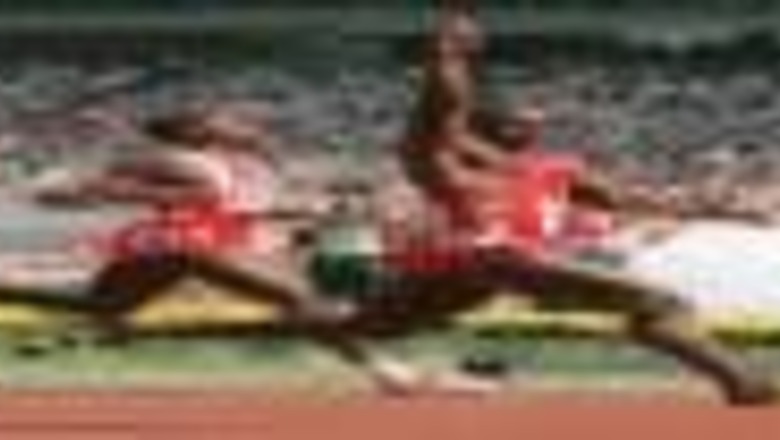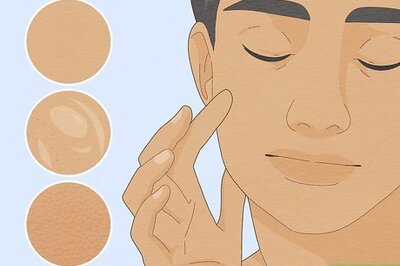
views
The morning after Ben Johnson's blistering 100m dash set a new world record of 9.79sec as well as leaving the likes of Carl Lewis trailing in his wake at the 1988 Seoul Olympics, the Canadian was revealed as a drug cheat.
Johnson was eventually stripped of his gold and received a hefty ban, but the real damage was the dint left in the tournaments credibility and subsequent pace-setting athletes have been subject to cynical scrutiny from fans and the anti-doping agencies alike.
Other than the Johnson scandal the Games were a relative success.
After Moscow and Los Angeles had been devalued by boycotts all the big guns were present when proceedings began in South Korea. North Korea boycotted in protest at not gaining co-organisation and the only other notable absentees were Cuba and Ethiopia.
So the events themselves were fiercely competitive with the USA, the Soviet Union and East Germany leading the medals charge.
Total Diver
In athletics the US bagged the lions share of awards, their efforts spearheaded by Jackie Joyner-Kersee, who won the long-jump and heptathlon.
Also for the US the late Florence Griffith-Joyner exploded toward the 100m and 200m titles.
Carl Lewis added three more titles to his haul winning the 100m, long-jump and 4x100m while Roger Kingdom won the 110m hurdles as the USA took twelve medals in athletics.
Pole vaulting Czar Sergei Bubka, from the Ukraine, won a deserved gold having missed out because of politics four years earlier.
In the pool there was a regal battle for the gold on offer. It ended with East Germany's Kristin Otto pillaging six and American Matt Biondi taking five gold.
"The total diver" Greg Louganis won gold on both the spring and high board for the second successive Olympiad after cracking his head open on the board in qualifying.
It was later revealed he had been carrying the HIV virus at the time.
The Americans lost the basketball to the Soviets again after the shock 1972 defeat but managed to win the volleyball gold.
However the Soviets easily won the overall medals title helped by 10 athletics golds, nine in gymnastics and eight in wrestling.
East Germany came second after winning eight rowing gold and eleven swimming gold.
It was the last time either the Soviet Union or the German Democratic Republic ever competed under those names as the Communist block collapsed in 1990 with the symbolic fall of the Berlin wall.



















Comments
0 comment